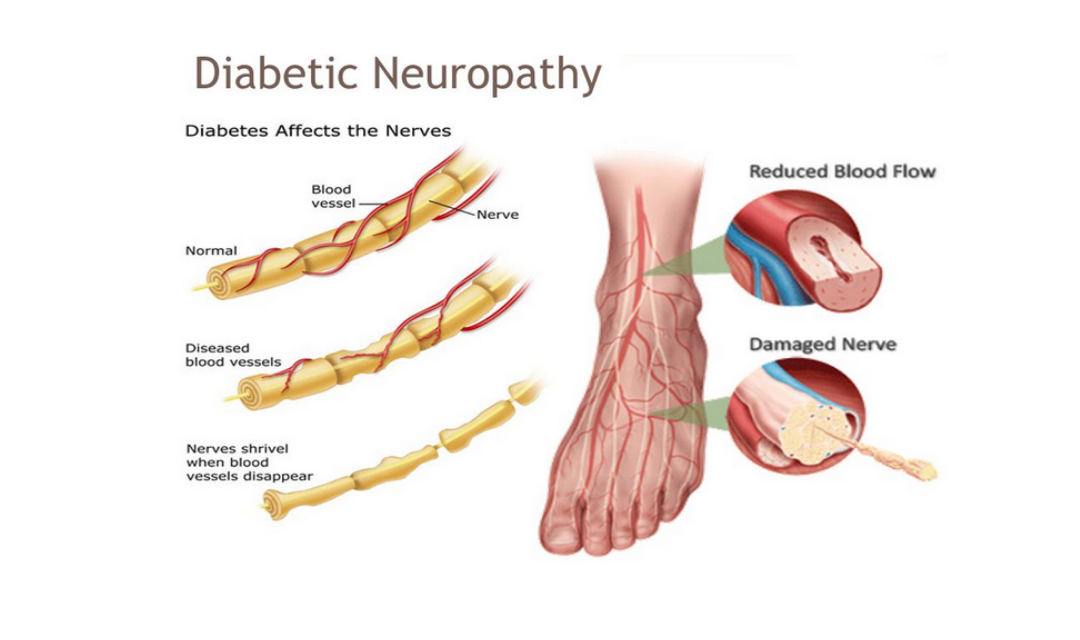Several risk factors are associated with an increased likelihood of developing dementia. It’s important to note that having one or more of these risk factors does not guarantee the development of dementia, and addressing certain risk factors may help reduce the overall risk. Here are some common risk factors for dementia:
- Age: The risk of dementia increases with age. While dementia is not a normal part of aging, the prevalence of dementia rises significantly in individuals over the age of 65.
- Genetics and Family History: A family history of dementia, especially if a first-degree relative (parent or sibling) has been diagnosed, may increase the risk. Some forms of dementia, like Alzheimer’s disease, have a genetic component.
- Down Syndrome: Individuals with Down syndrome have a higher risk of developing Alzheimer’s disease, and the onset may occur at an earlier age.
- Cardiovascular Health: Conditions that affect the heart and blood vessels, such as hypertension, high cholesterol, and diabetes, are associated with an increased risk of dementia. Maintaining cardiovascular health may help reduce this risk.
- Head Injuries: A history of severe head injuries, especially those resulting in loss of consciousness, has been linked to an increased risk of dementia later in life.
- Lifestyle Factors: Unhealthy lifestyle choices, such as lack of physical activity, poor diet, smoking, and excessive alcohol consumption, may contribute to an increased risk of dementia.
- Mild Cognitive Impairment (MCI): Individuals with mild cognitive impairment (MCI), which involves noticeable cognitive decline beyond expected age-related changes, may be at a higher risk of progressing to dementia.
- Depression: Chronic depression or a history of recurrent depressive episodes may be associated with an increased risk of dementia. Treating depression and maintaining good mental health is important.
- Social Isolation: Lack of social engagement and isolation may contribute to cognitive decline and increase the risk of dementia. Staying socially active and connected is important for brain health.
- Sleep Disorders: Sleep disturbances, such as sleep apnea and insomnia, have been linked to an increased risk of cognitive decline and dementia. Good sleep hygiene is essential for brain health.
- Low Educational Attainment: Lower levels of education have been associated with an increased risk of dementia. However, education is considered a modifiable risk factor, and lifelong learning may have cognitive benefits.
It’s important to note that addressing modifiable risk factors, such as adopting a healthy lifestyle, managing cardiovascular health, staying socially engaged, and seeking treatment for conditions like depression, may contribute to overall brain health and potentially reduce the risk of dementia. Regular check-ups with healthcare professionals can help monitor and manage these risk factors.
Step into the realm of neurological excellence with Dr. Amit Shah, a trailblazer among the best neurologists in Mumbai. Your neurological health is in capable hands—book a consultation to access cutting-edge diagnostics, treatment, and compassionate care.


